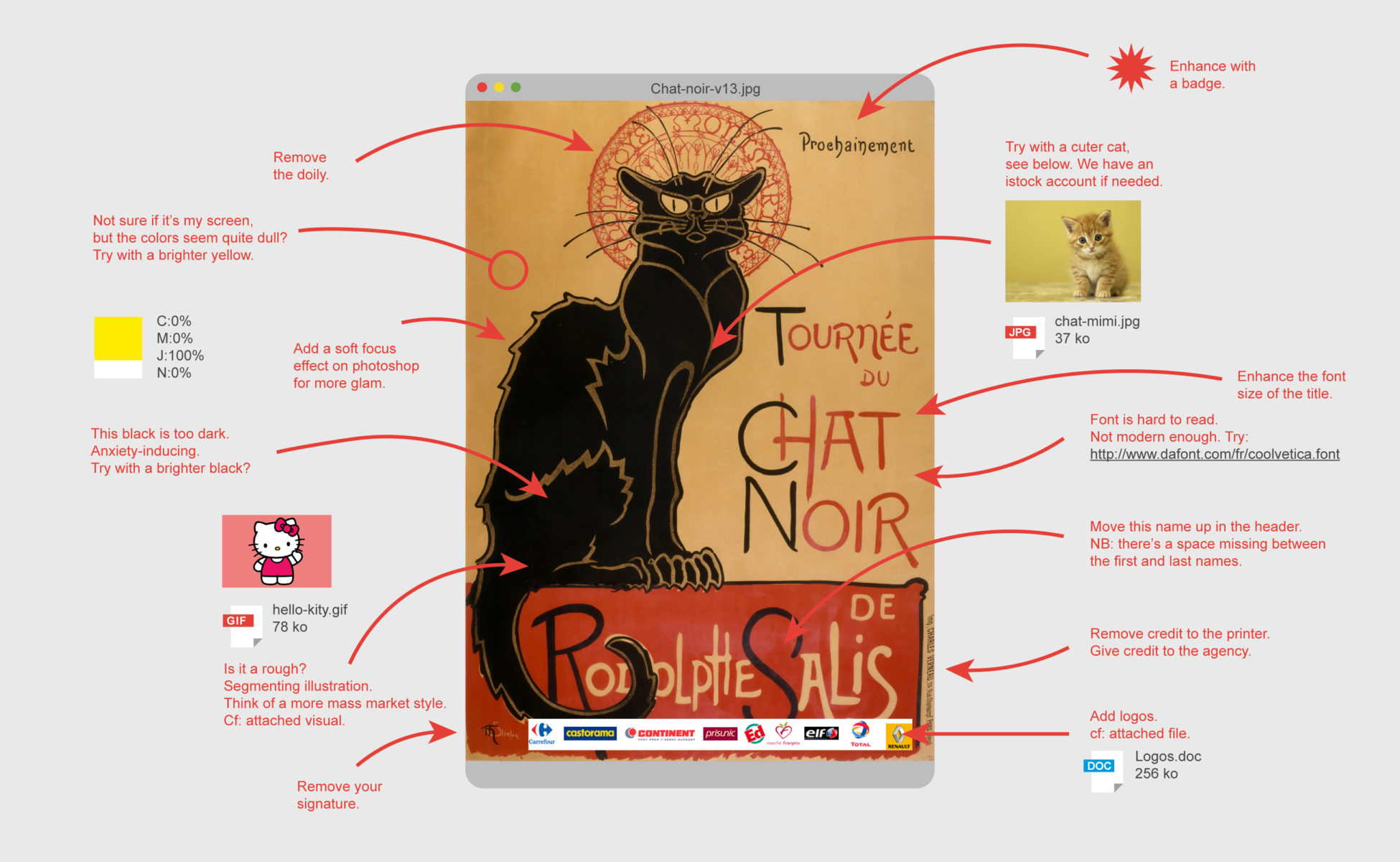PODCAST - #HRHappyHour 266 - iCIMS and the Talent Acquisition Technology Suite
HR Happy Hour 266 - iCIMS and the Talent Acquisition Technology Suite
Hosts: Steve Boese, Trish McFarlane
Guest host: Madeline Laurano
Guests: Colin Day, Chairman and CEO, iCIMS; Susan Vitale, CMO, iCIMS
Listen to the show HERE
This week on the show, Steve Boese and special guest host Madeline Laurano are joined by leading talent acquisition technology provider iCIMS Chairman and CEO Colin Day, and iCIMS CMO Susan Vitale to talk about the current state of the talent acquisition technology market, and the importance of dedicated, purpose-built technology to support organizations in their recruiting efforts.
Additionally, we talked about the need for organizations to better integrate their different talent acquisition technology solutions with their 'core' systems, and how iCIMS is approaching that challenge and providing a platform to enable organizations to build integrated solutions.
We talked a little about 'big data'.(don't cringe), and how iCIMS is leveraging the information and insights that come from having millions of applicants and job postings from their thousands of customers pass through their platform. One of the promises of SaaS HR technology was that each customer would be able to learn from and take advantage of aggregated information and intelligence that can be developed from the massive amounts of data and transactions that happen across the entire customer base, and Colin and Susan shared how iCIMS is taking steps to make this kind of 'big data' intelligence a reality for their customers.
You can listen to the show on the show page here, or by using the widget player below, (Email and RSS subscribers need to click through)
This was a fun show, thanks to iCIMS for hosting the HR Happy Hour!
Reminder, subscribe to the HR Happy Hour Show on iTunes, Stitcher Radio, and all the podcast player apps, just search for 'HR Happy Hour' to subscribe and never miss a show.
 podcast tagged
podcast tagged  HR,
HR,  HR Happy Hour,
HR Happy Hour,  Recruiting,
Recruiting,  Technology,
Technology,  iCIMS,
iCIMS,  podcast
podcast  Email Article
Email Article 
 Print Article
Print Article 


